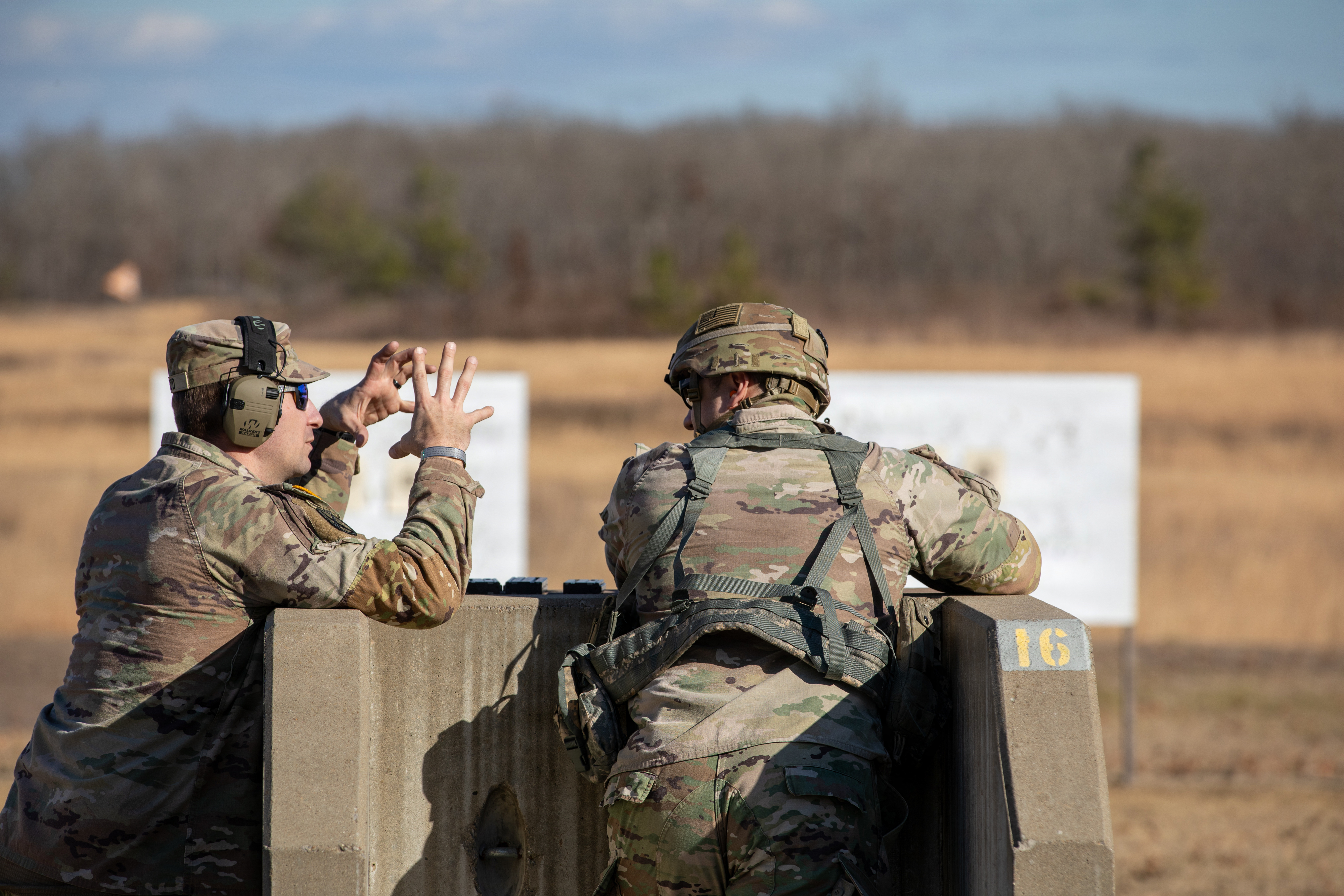Emergencies, Mental Models, and You

As an emergency doctor, I lead multidisciplinary teams through complex and rapidly changing problem sets where the consequences are often life or death. Performing at an elite level in these circumstances requires a depth of knowledge and high levels of proficiency in various skills, but it also requires the ability to apply this knowledge under pressure. In other words, you and your team have to have “it” in your heads, and you have to get “it” from your heads into the patients where and when they need it the most.
Of course, you don’t have to be an emergency doctor to face emergencies. You will absolutely face times in your work and in your life where you must make critical decisions in high-stakes, uncertain, pressure-filled environments. Chances are high that you’ve found yourself in these kinds of situations multiple times already, both as a leader and a member of a team.
Even with the best possible training, bringing your knowledge to bear in the stress and pressure of an emergency is anything but easy. As a leader, both the challenge and the potential leverage of this situation multiply – it’s up to us not only to apply our own knowledge under pressure but also to help everyone on our team to apply theirs.
At The Emergency Mind Project, we believe that applying knowledge under pressure is not an innate character trait that you either have or don’t, but a skill that you can train and develop in yourself and others.
So, how do you do it?
First, dig in and learn the key mental models that drive elite individuals, teams, and organizations to the highest edges of human performance.
Mental models are the conceptual frameworks that we use to explain how parts of reality work. Some mental models are simple but powerful ideas, like the concept of a lever or a force multiplier. Others are more nuanced like the concept of a commander’s intent.
Understanding the mental models your team is currently using–and the ones you want them to be using–will be key to improving morale and building the culture you hope to create. Ask the leaders above you what mental models they use to drive performance and study the biographies of the great leaders of the past to learn from them.
We’ve worked across the worlds of the military, medicine, elite sport, and more to identify sets of mental models that cross domains— concepts like handling uncertainty, accepting and working with imperfection, balancing structured and creative thinking, and much more.
Mental models, like the 25 we explore in the book The Emergency Mind: Wiring Your Brain for Performance Under Pressure help leaders perform at their best when they’re needed the most. Our podcast – The Emergency Mind Podcast – interviews leaders and high-performers from all domains of life to identify what makes them and their teams so successful under pressure.
Second, put those mental models to work in your own life.
Mental models are great tools, but in and of themselves they will not help aid those around you or ensure that you perform well under pressure any more than the idea of compound interest will, in and of itself, make you wealthy.
To wire your brain to perform under pressure—to make sure you can employ these models when you need them in a pinch—these ideas must be put to the test, modified to suit your individual needs, and then applied, again and again, both inside and outside of crisis situations. Much like the Army rehearses operations before acting on an objective, you have the find opportunities to practice these mental models when the stakes are lower.
Simply put, the only way to do this is through practice. Find a mental model or two that really sticks with you – maybe it’s the concept of “fighting with what you have” or “eliminating opportunities for unnecessary failure”.
Whatever model interests you the most, start there, and find a way to apply it to your daily work in garrison and your training experiences in field environments. What could you do right now to get yourself and your team 1% better at using that mental model?
Third, iterate, combine, change, and evolve the models.
Ultimately, mental models are just places to start – they are useful guidelines, but it’s up to you to figure out how to adapt them to your unique circumstances and use them to help your team perform at an elite level.
Each model has its own strengths and weaknesses and performs better at describing some parts of reality than others. For each model you encounter, you need to ask how it might fit you and your team. What does it contain that could help your team? What does it lack? What does your team need to improve under pressure?
Put on your “scientist hat” and start experimenting. Test hypotheses and take notes on what combinations of mental models work the best for you personally. Discuss these hybrid mental models with your friends and teammates and see what you can come up with.
Run these experiments in your day-to-day life and run them mentally while visualizing how you would perform in the crucible of ground combat, or when the success of a critical mission depends on you and your team.
It’s not easy. Training a team to perform under pressure takes time, dedication, courage, and leadership. I have struggled with it. I have also found it to be one of the most powerful and meaningful challenges there is. No matter what emergencies you and your team face, you can get better at performing under pressure. You and your team have “it” in your heads, and you have to get “it” from your heads out to where and when it is needed the most. We all need you to. I have no doubt you will.
You can view a Read2Lead on The Emergency Mind here
Dan Dworkis, MD Ph.D. FACEP is the Chief Medical Officer at the Mission Critical Team Institute, a board-certified emergency physician, a Fellow of the American College of Emergency Physicians, and an assistant professor of emergency medicine at the Keck School of Medicine of USC where he works at LAC+USC. He performed his emergency medicine residency with Harvard Medical School at the Harvard Affiliated Emergency Medicine Residency at Massachusetts General Hospital / Brigham Health, and holds an MD and PhD in molecular medicine from the Boston University School of Medicine. Dr. Dworkis is the founder of The Emergency Mind Project, and the author of The Emergency Mind: Wiring Your Brain for Performance Under Pressure.



